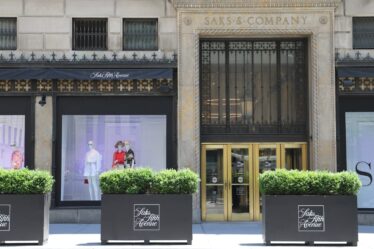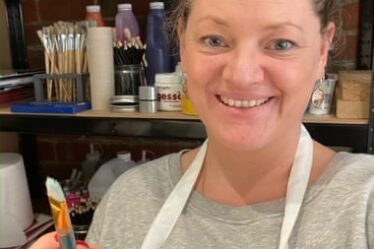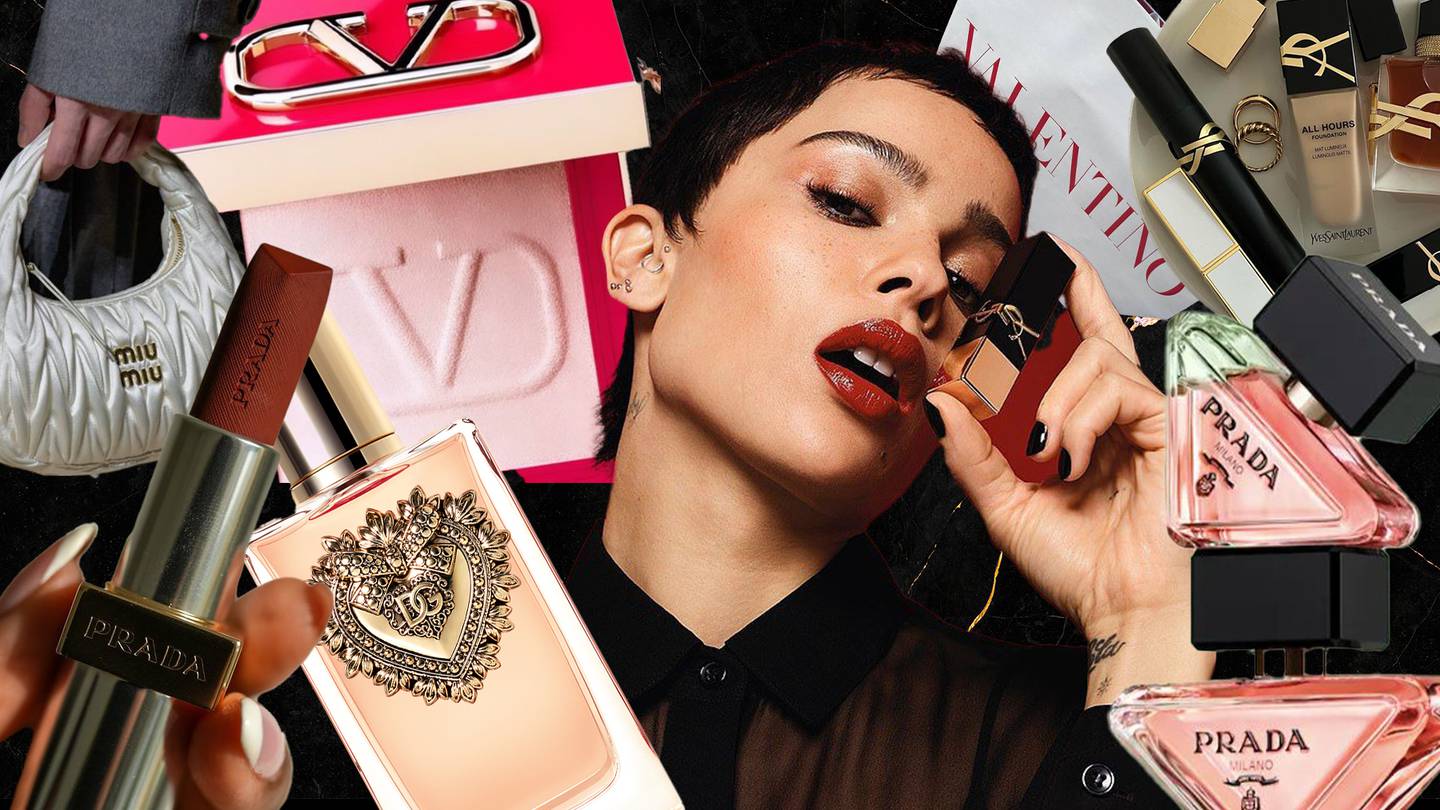
Selfless by Hyram has a new owner: Hyram Yarbro himself. The influencer has bought back the skincare brand he started with The Inkey List in 2021; beauty and cosmetics company BHM will distribute and licence the label for him, The Business of Beauty has learned.
This is the best outcome for both parties.
Yarbro was one of the first TikTok skinfluencers to capitalise on his social media expertise with a beauty brand, years before Dr. Muneeb Shah, a.k.a. DermDoc, and others launched topical products. Yarbro became beloved at the height of the pandemic for his honest, no-nonsense reviews of products. Beauty labels that felt the heat from the influencer early on included St. Ives, Mario Badescu and Glow Recipe. Yarbro preferred transparent formulations from lines like Cerave and The Ordinary; “ingredients don’t lie” became his mantra.
By the time Yarbro partnered with The Inkey List, he had almost 7 million followers. It seemed like a natural fit: the buzzy British brand was also a quick breakout when it launched in 2018, entering Sephora in the US just six months after its debut. The Inkey List co-founders Colette Laxton and Mark Curry had also operated a brand incubator, Be for Beauty, though they wound down their other lines as The Inkey List took off.
It seemed at the time that a partnership with Yarbro could be more than just a one-off collaboration. Unlike other early influencers that tried to use TikTok fame to launch beauty lines, like dancers Charlie and Dixie D’Amelio and Addison Rae, Yarbro seemed to have a real interest in beauty. (Though he has no formal training, he was a former Saks Fifth Avenue makeup artist.)
When Selfless by Hyram rolled out into Sephora in 2021, Yarbro could do no wrong. Many of the initial products customers could have easily slotted into The Inkey List’s lineup, including his Mandelic Acid & Rice Bran Gentle Exfoliating Serum and Retinol & Rainbow Algae Repair Serum, too.
But there were a few key points of differentiation. Yarbro’s brand had a social impact component, donating to nonprofits like Rainforest Trust and Thirst Project. But the biggest departure was the line’s higher prices. Many of his products retailed between $20 and $30, while Inkey List items started at just $6.
Even though Sephora had made a big bet, by the end of 2022, Selfless products had either disappeared from Sephora shelves or were deeply discounted. The influencer’s reputation as an impartial judge of skincare products had also been challenged by his attempt to get into the beauty business himself.
Both parties were all smiles as they parted ways, with Yarbro saying in a statement he was “forever grateful” to The Inkey List, and Laxton and Curry declaring they were “so proud to have been an integral part of the Selfless by Hyram journey. Yarbro and BHM would not disclose the financial details of the new agreement.
A celebrity buying back their line is rarely a good sign; after Amryis’ implosion last year, Jonathan Van Ness’ JVN hair care line was bought by consumer investment firm Windsong Global for $1.25 million. Still, you shouldn’t count Selfless out yet. The line was relaunched last year at Target, at a lower price, where it can still be found, as well as on the brand’s own site.
Yarbro has certainly had a crash course in how the beauty industry works. As the new, and sole owner of Selfless, he has the autonomy to shape the brand as he wishes. And BHM will be working with Yarbro in the lab on new formulas.
It also makes sense for The Inkey List to focus on scaling its business rather than trying to rejuvenate someone else’s. Curry and Laxton originally had ambitions to create an incubator, but, like Deciem after The Ordinary took off, it knew a hit when it saw one. In 2023, the label reportedly surpassed $100 million in retail sales.
When Estée Lauder Companies bought Deciem, it was really acquiring The Ordinary, not the company’s smaller lines, like Niod. I believe that The Inkey List will trade in 2025, though it is absolutely on people’s radar as a M&A target this year (one that I wanted to include in my list but didn’t because it was getting too long!).
We’re in a mass beauty moment and the brand checks all the boxes of repeat purchase rate, innovation and social clout. Perhaps with some new ideas, Selfless can too.
Here are my top picks from our insight and analysis on beauty and wellness this week:
1. Luxury Brands Might Want to Think Twice About Buying Back Their Beauty Lines
In search of greater ownership – both of image and revenues – more fashion houses are wresting back control of their beauty licences. But running a beauty business can stretch otherwise well-resourced, powerful companies beyond their capabilities.
2. Why Lady Gaga Hosted a Party for an Obscure Sunscreen Brand
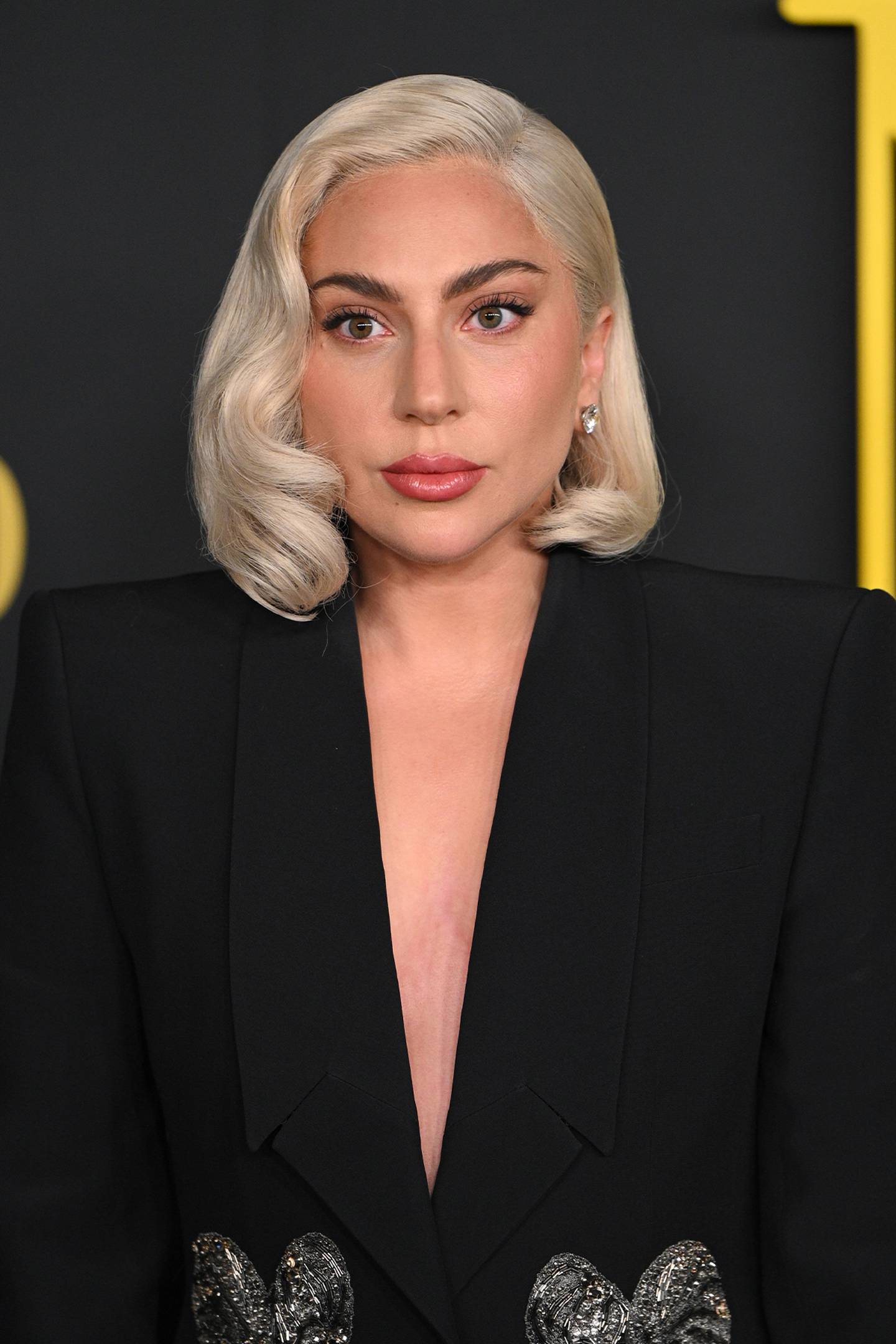
Even some of the influencers who attended the singer’s intimate gathering had never heard of Clinuvel, an Australian sun protection pharmaceutical company. The pop star, whose boyfriend, Michael Polansky, has ties to the company, clearly intends for that to change.
3. Puig Sales Rose 19% to €4.3 billion in 2023
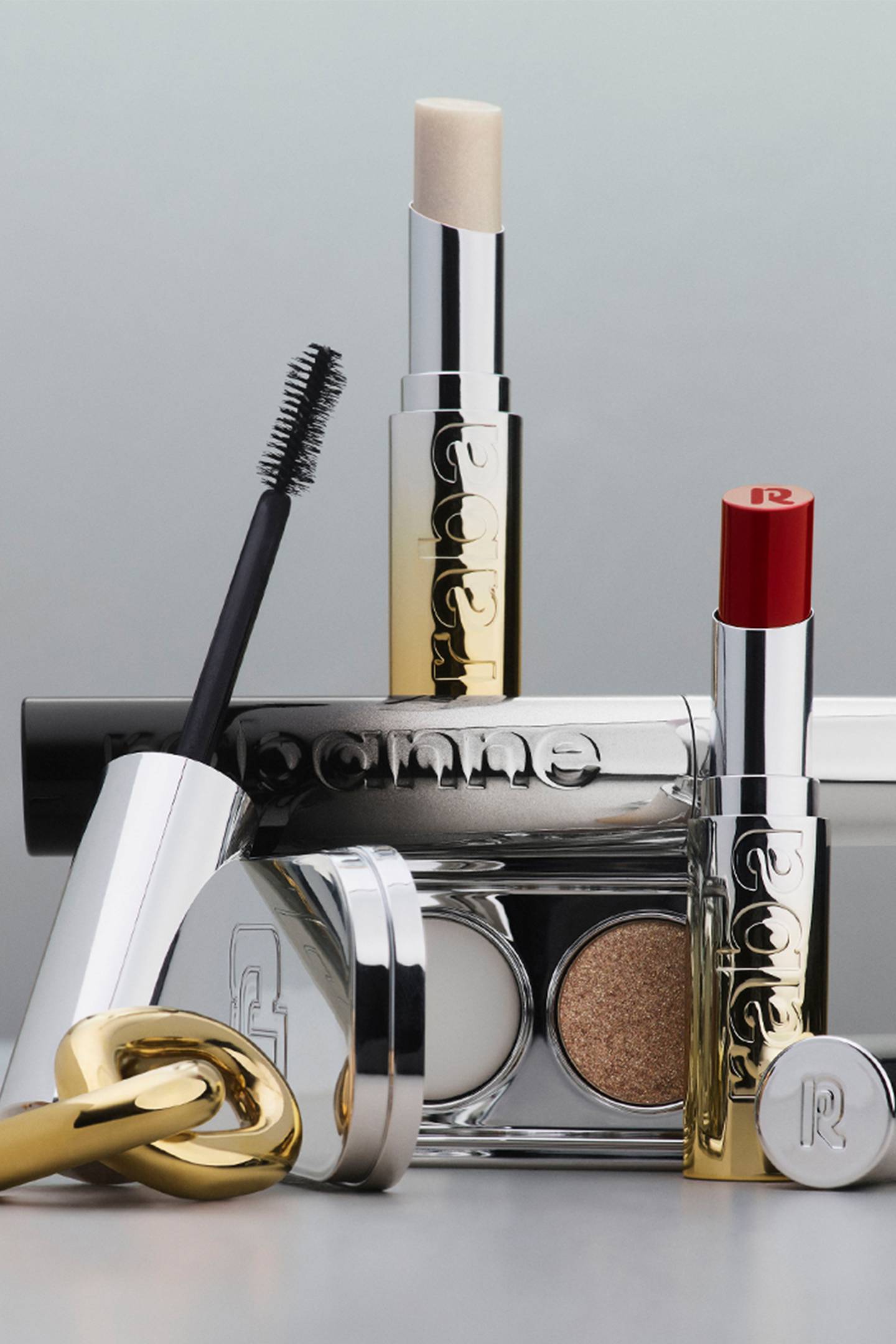
The Spanish conglomerate is on track to hit its goal of €4.5 billion in annual sales by 2025 ahead of schedule.
THE BUSINESS OF BEAUTY NEWS IN BRIEF
Carlyle launches sale of Japanese cosmetics supplier Tokiwa in $800 million deal, according to sources. Non-binding bids for the company are expected by mid-March. Potential buyers include private equity firms and several companies in the cosmetics industry, the sources said.
Cancer-causing chemical found in Clinique and Clearasil acne treatments. High levels of benzene were detected in the treatment, said independent US laboratory Valisure. Estée Lauder shares dropped 3 percent following the report.
Oura Ring launches on Amazon. Wearable tech unicorn opened its Amazon shop, allowing US customers to order the health-tracking rings with free delivery for Prime members. Amazon is the brand’s third retail partner in the US after Best Buy and Therabody.
EQT’s Galderma seeks to raise $2.3 billion in a Swiss listing. The IPO in Zurich will comprise mainly new shares issued by Galderma and a smaller tranche of existing shares sold by owners. The company reported about $4.1 billion in net sales in 2023.

